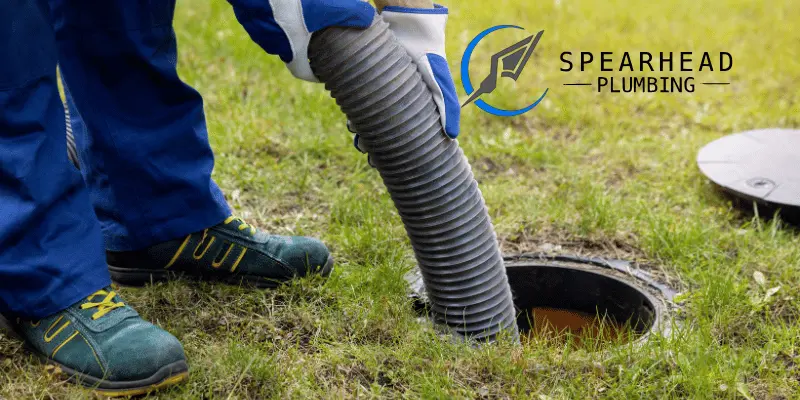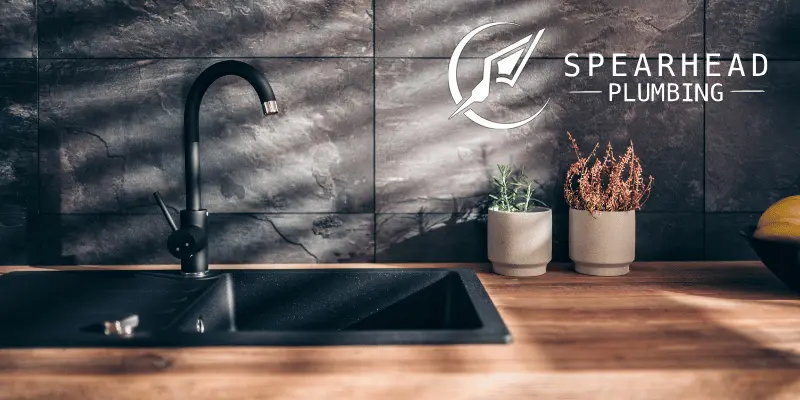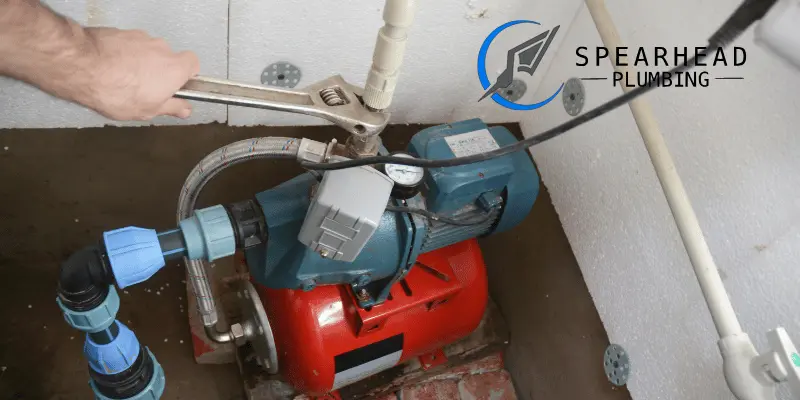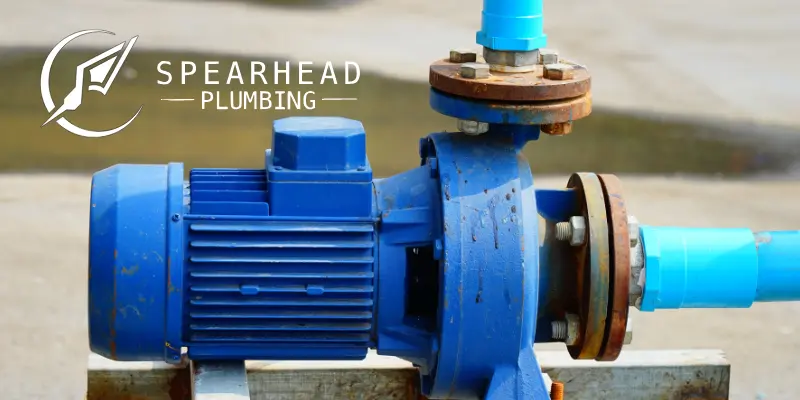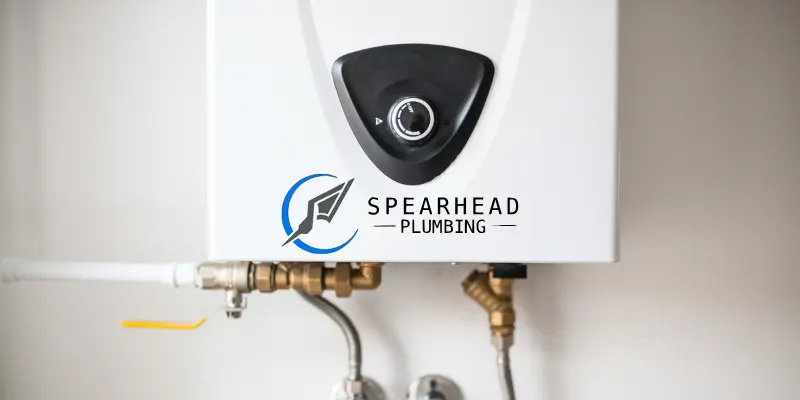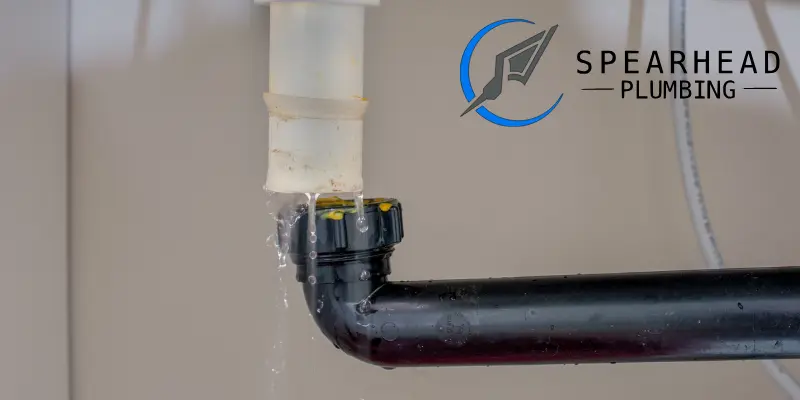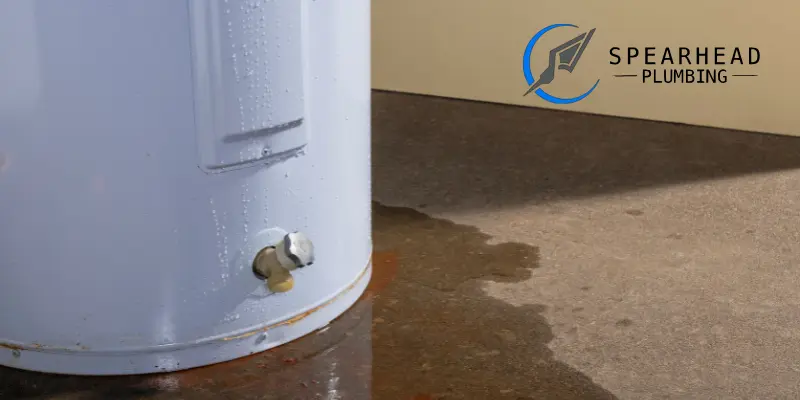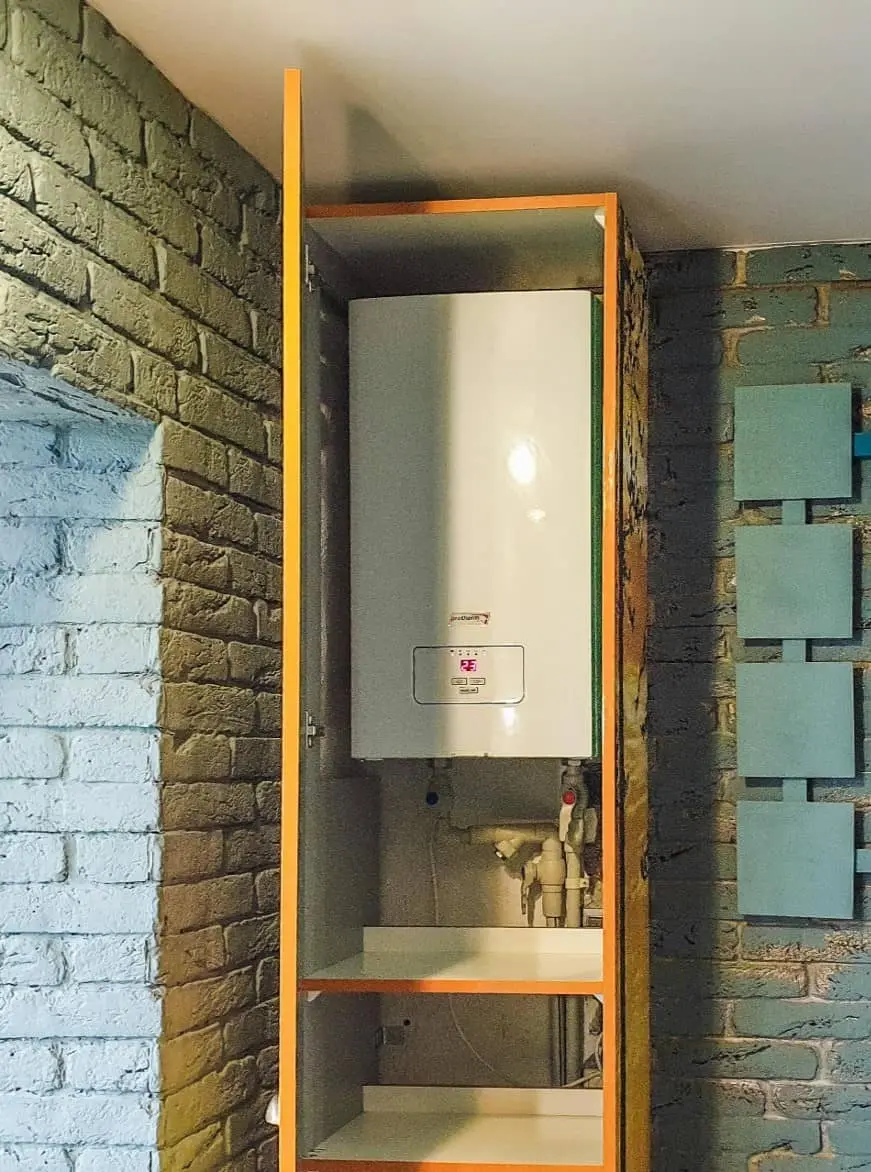
Signs Your Water Heater Needs Repair in St. Peters, MO
Signs Your Water Heater Needs Repair in St. Peters, MO
Common Water Heater Issues in St. Peters Homes
A functioning water heater is essential for daily comfort, from taking warm showers to doing laundry. However, water heaters aren’t built to last forever, and eventually, they’ll require repair or replacement. St. Peters, MO, homeowners often experience water heater issues due to the area's hard water, aging units, or improper installation.
Understanding the signs of a failing water heater can save you from an unexpected breakdown. Below are the most common indicators that it’s time to have your water heater inspected by a professional. Whether it’s fluctuating temperatures or strange noises, these signs shouldn’t be ignored.
1. Inconsistent Water Temperature
One of the first signs that something is wrong with your water heater is inconsistent water temperature. You might notice that your water fluctuates between scalding hot and cold, even within a single shower. This issue is often caused by a failing heating element, thermostat malfunction, or significant sediment buildup inside the tank.
Sediment buildup is common in areas with hard water, like St. Peters, as minerals accumulate in the bottom of the tank. Over time, this reduces the unit’s efficiency and can cause the water to heat unevenly. Addressing this problem early with a professional inspection and tank flushing can prevent further damage.
2. Running Out of Hot Water Too Quickly
Another common sign of water heater trouble is when your household runs out of hot water too quickly. If you’re finding that the hot water supply is depleted after just a short shower, it could indicate that your water heater is too small for your household’s needs. Alternatively, the issue could be due to a malfunctioning thermostat or a broken heating element.
In many cases, sediment buildup can also reduce the amount of available hot water, as the tank’s capacity diminishes over time. Flushing the tank can restore its capacity, but in other cases, you may need to replace the water heater if it’s undersized or nearing the end of its lifespan.
3. Strange Noises Coming from the Water Heater
Unusual sounds like popping, banging, or rumbling coming from your water heater are a warning sign that should not be ignored. These noises are often caused by sediment that has accumulated at the bottom of the tank. As the water heats up, the sediment shifts and causes these sounds. This can also make your water heater work harder than necessary, leading to higher energy bills and a shorter lifespan for the unit.
In addition to sediment buildup, other potential causes of noise include a failing heating element or excessive water pressure inside the tank. If you hear these noises, it’s time to have a professional plumber assess the condition of your water heater to prevent further damage.
4. Discolored Water or Foul Smell
If you notice rust-colored or cloudy water coming from your hot water taps, this is often a sign that the inside of your water heater’s tank is corroding. Over time, the protective lining inside the tank can deteriorate, allowing rust to form and mix with the water. Rusty water is not only unpleasant, but it also indicates that the water heater may be nearing the end of its life.
In some cases, a foul smell in your hot water could indicate bacterial growth inside the tank. This often happens in homes where the water heater isn’t used regularly or where the temperature is set too low, allowing bacteria to thrive. Flushing the tank or adjusting the temperature settings can resolve the issue, but in severe cases, the water heater may need to be replaced.
5. Water Leaks Around the Heater
Leaks around the base of your water heater are a serious issue that requires immediate attention. While small amounts of condensation are normal, actual leaks indicate a problem with the tank or the pressure relief valve. Over time, water leaks can cause significant damage to your home, leading to mold, structural damage, or costly repairs.
If you notice water pooling around your water heater, turn off the water supply and contact a plumber right away. They can determine whether the leak is due to a malfunctioning valve, a crack in the tank, or another issue that requires repair or replacement.
6. Age of the Water Heater
Even if your water heater appears to be working fine, its age can be a good indicator of when it might need repair or replacement. Most water heaters have a lifespan of 8 to 12 years, depending on the type and how well it’s been maintained. If your water heater is nearing this age range, it’s a good idea to have it inspected regularly to catch any potential issues before they escalate.
Regular maintenance, such as flushing the tank and checking for sediment buildup, can help extend the life of your water heater. However, if your unit is older and showing signs of wear, it may be more cost-effective to replace it with a newer, more energy-efficient model.
What to Do If Your Water Heater Needs Repair
- Inspect the Unit: Look for any visible signs of damage, rust, or leaks around the water heater.
- Check for Sediment Buildup: If strange noises are present, it may be time to flush the tank or have it professionally serviced.
- Monitor Water Temperature: If your water temperature is inconsistent or there’s not enough hot water, the heating element or thermostat may need replacement.
- Call a Professional: If you’re experiencing any of these issues, it’s best to contact Spearhead Plumbing for a thorough inspection and repair.
Conclusion: Don’t Ignore the Warning Signs
Water heater problems can quickly escalate if left unchecked, leading to expensive repairs or even replacement. Regular maintenance and prompt repairs can extend the lifespan of your unit and ensure it operates efficiently. If you suspect your water heater is in need of repair, reach out to Spearhead Plumbing today. Our experienced plumbers are ready to help homeowners in St. Peters ensure their water heaters are running smoothly, offering everything from maintenance to emergency repairs.

